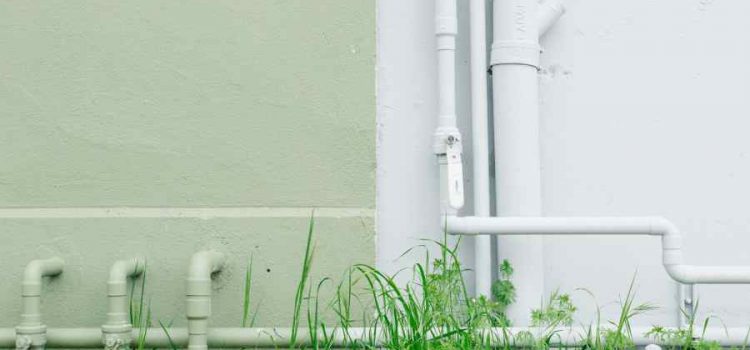Many homeowners are not aware that hard water has a significant impact on their expenses until it’s too late. Calcium, magnesium and other minerals are common in tap water, but they can cause serious plumbing issues if they’re present in high enough concentrations. Below, we’ll take a closer look at what makes water hard, why it’s such a problem for your pipes, and a few ways you can deal with the problem. By gaining knowledge of the situation, you’re not only preparing yourself to deal with hard water, but you’re also saving yourself from serious expenses down the road.
Problems
Even if your house is brand new and you have new pipes, hard water will still make changes throughout your pipes in the form of calcium and magnesium deposits. As these mineral deposits build up over time, they can result in damage to all aspects of the home’s plumbing from the pipes to the bath and sink faucets. Replacing these fixtures and fixing collateral damage could potentially cost thousands of dollars.
Problems that can occur because of hard water can include anything from direct damage to your plumbing system to a water pressure decrease in the appliances that you use in your home. Specific types of plumbing can be more vulnerable to hard water clogging than others. For instance, copper, PVC, and PEX pipes can resist the effects of hard water and the build-up of corrosion a bit longer than other materials. Signs that you have a potentially serious problem with hard water can include:
A Metallic Taste
If your water has an odd metallic taste to it, there’s probably a good chance that it has too much iron.
Stained Surfaces
Stains of brownish coloring that look like rust may mean you have a hard water problem.
Backed-Up Plumbing
Hard water can restrict water from flowing, which can lead to backed-up pipes.
Laundry Problems
If you’ve ever felt like your clothes just didn’t feel clean enough, or if you’ve felt as if they were still soapy even after rinsing more than once, then you can look at hard water as being the culprit. Hard water can make detergent less effective and can even fade and damage your clothing.
Skin Problems
Since hard water will leave a soapy film behind on your skin, this can bring on a problem of itchy, dry skin. Your skin may even become dry because of a lack of moisture caused by a build-up of a minerals, triggering eczema symptoms.
Solutions
Hard water can be a nuisance and cause expensive damage to your pipes, but there are a number of things you can do to manage the problem and minimize its effects.
Try a Cleaning Aid
Use a hard water cleaning aid to get rid of the chemical buildup on your clothes. These products provide a way to get your clothes clean and leave off the buildup of soap scum. They can be found at Amazon or Walmart.
Use Vinegar
Vinegar can break down calcium and other hard water mineral deposits because of its high acidity. Because of this, vinegar can help to neutralize the calcium in hard water. This solution works well as a means to soften the water used for cleaning clothes, and it’s also helpful for removing hard water spots on appliances. Vinegar can also be used as a drainage solution by pouring it directly down the drain. Usually, vinegar will take a day or two to dissolve the build-up of magnesium or calcium.
Install a Whole-Home Water Softener
Water softening systems are an ideal way to handle hard water. Installing a whole-home water softener ensures that the entire plumbing system is protected from hard water—including all pipes and appliances. Water softeners use a number of processes to remove hard water minerals, but the most effective is typically reverse osmosis. This process passes water through a membrane that doesn’t allow certain minerals through, essentially filtering them out. The risk of mineral build-up in your home’s pipes decreases dramatically.
Hopefully, these tips will help you on your way to combating the problem before it becomes serious. In addition to sparing your pipes from damage, you’ll also reap a host of additional benefits to your clothes, skin, hair, and more.
